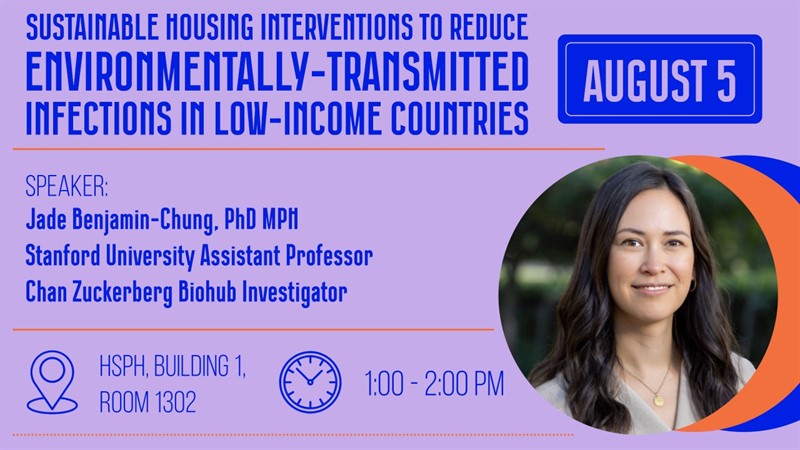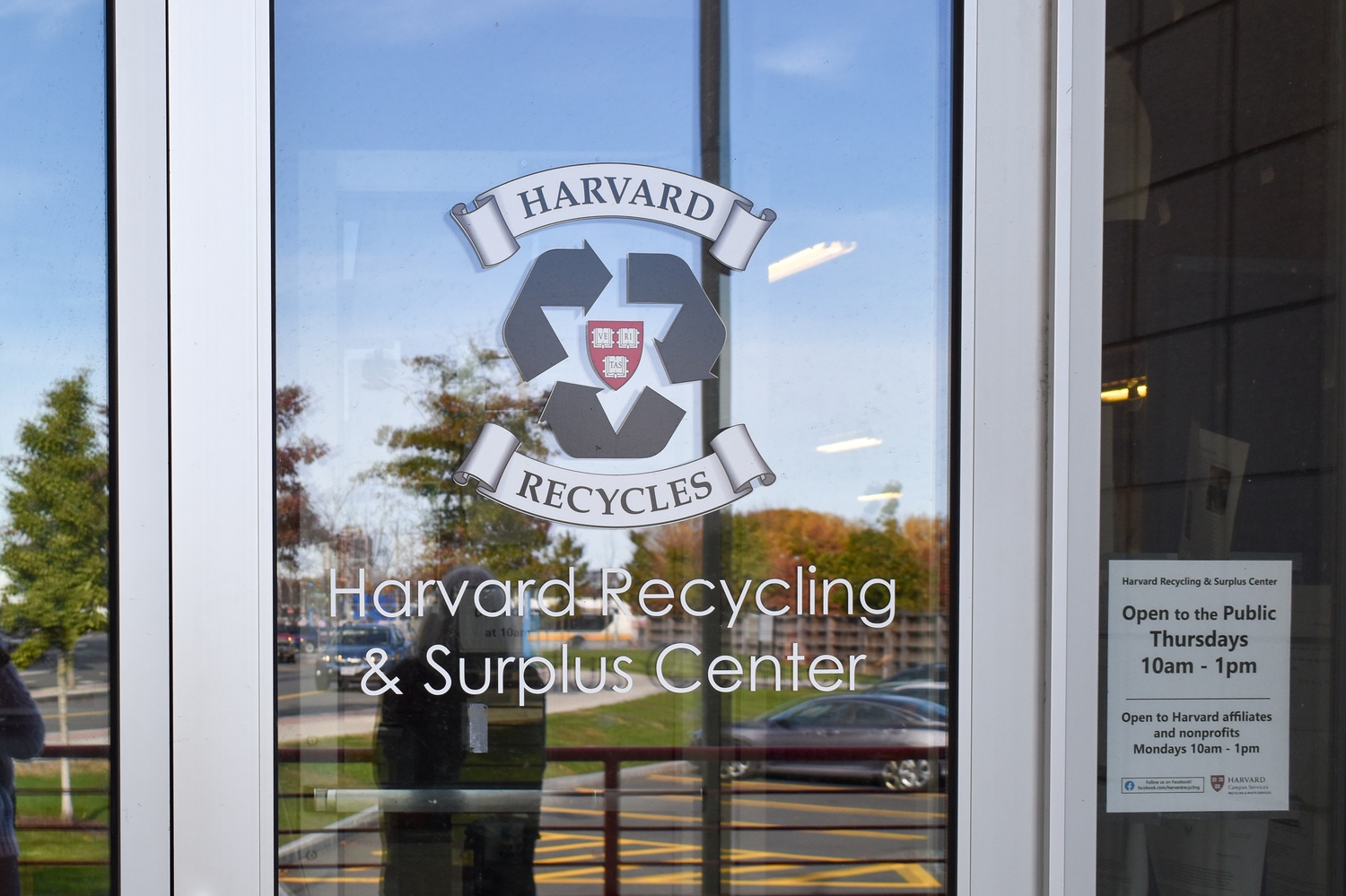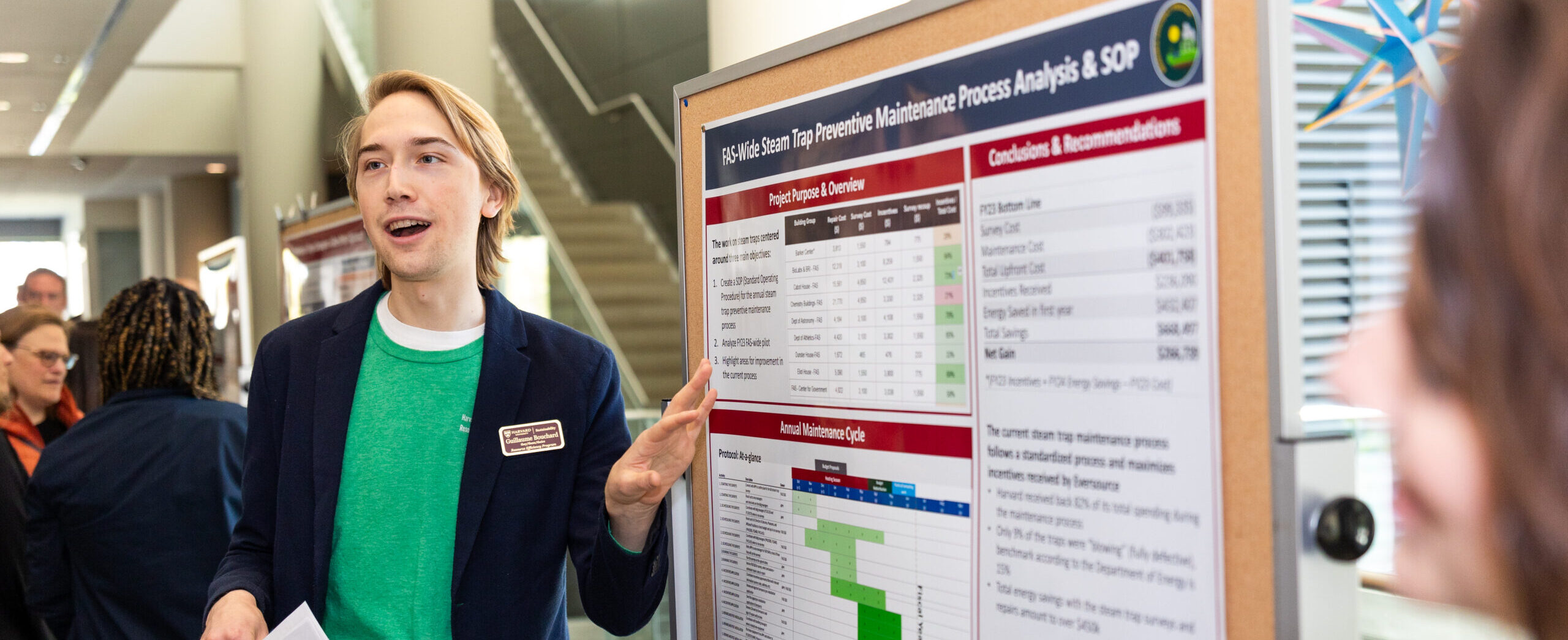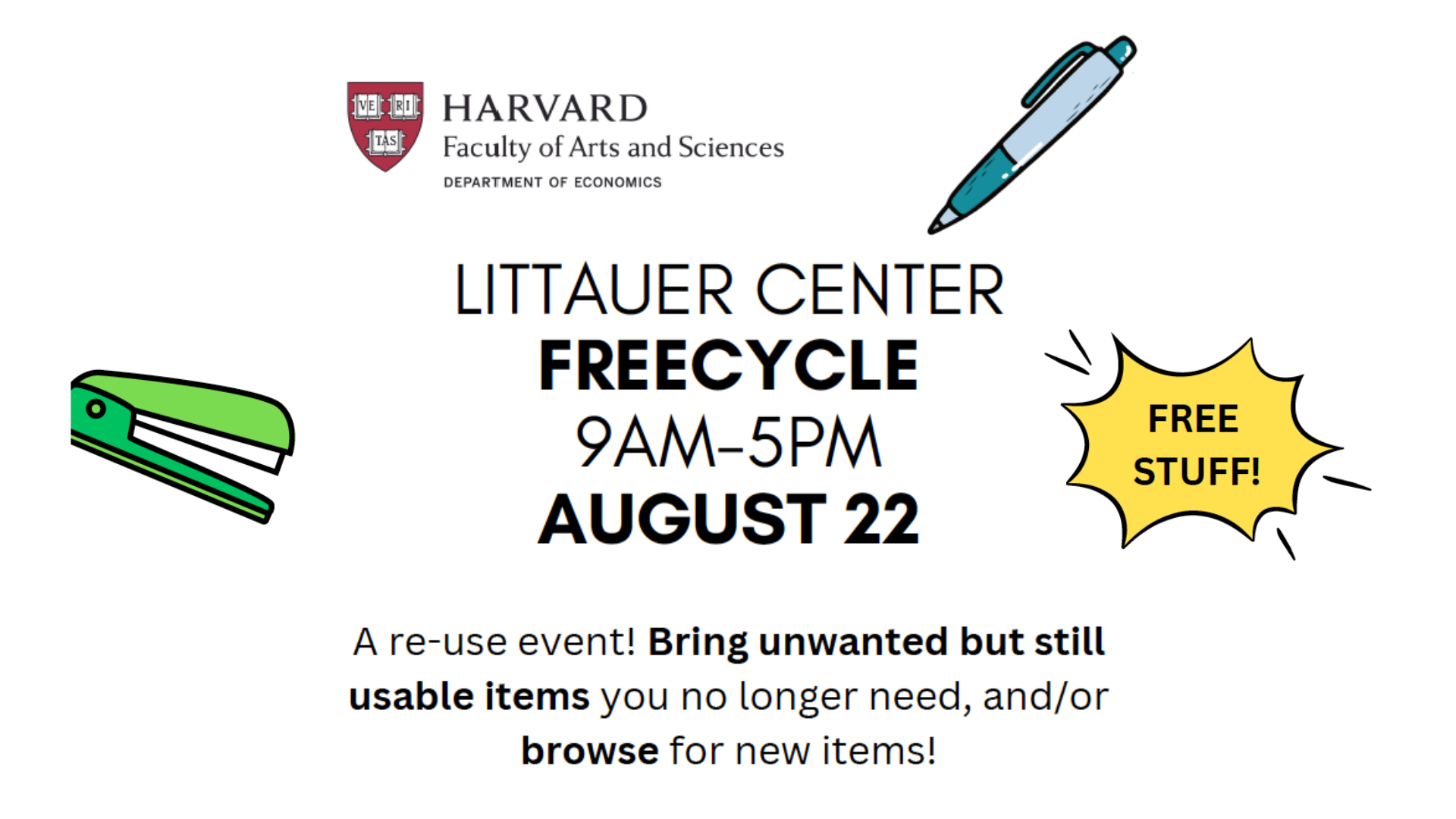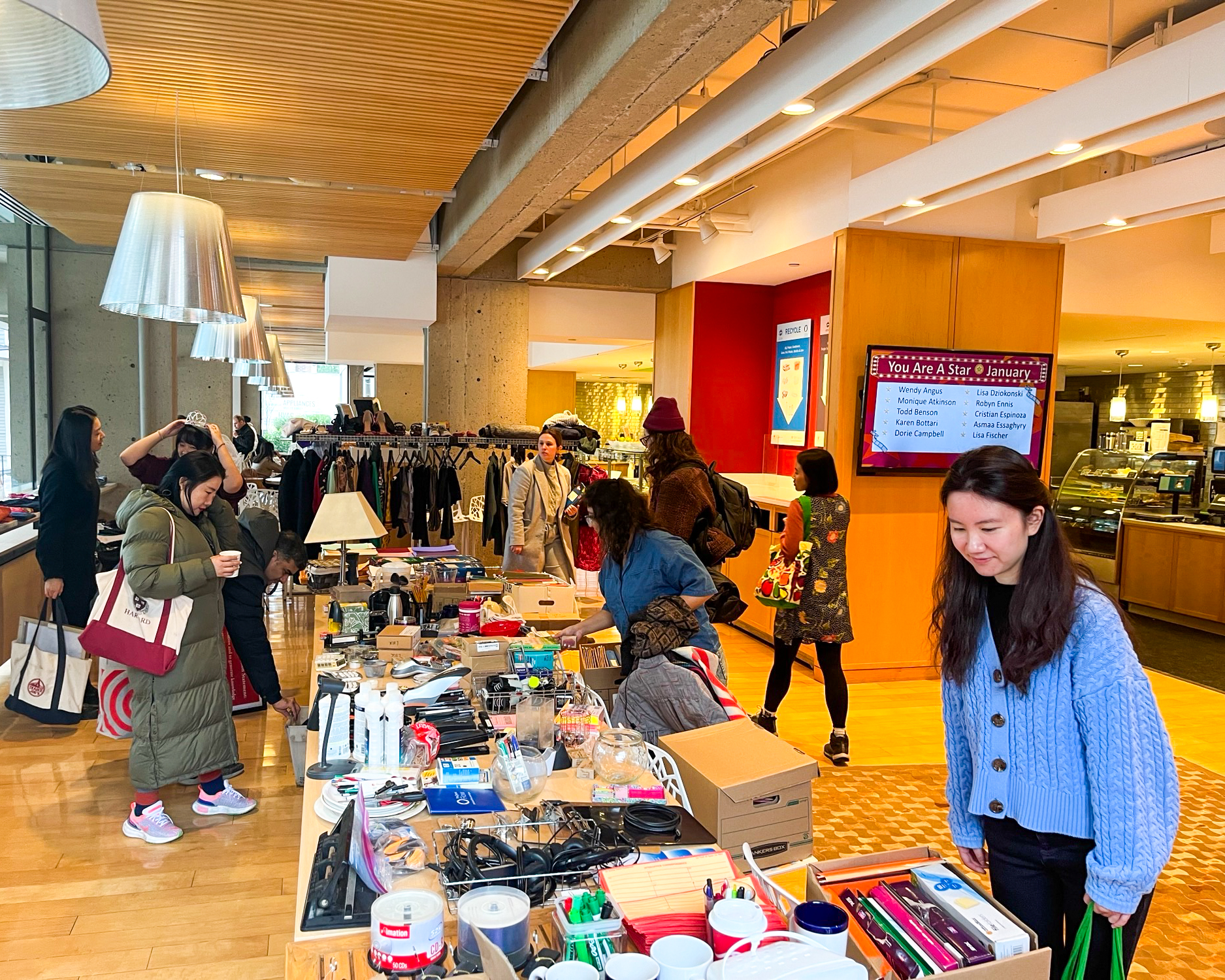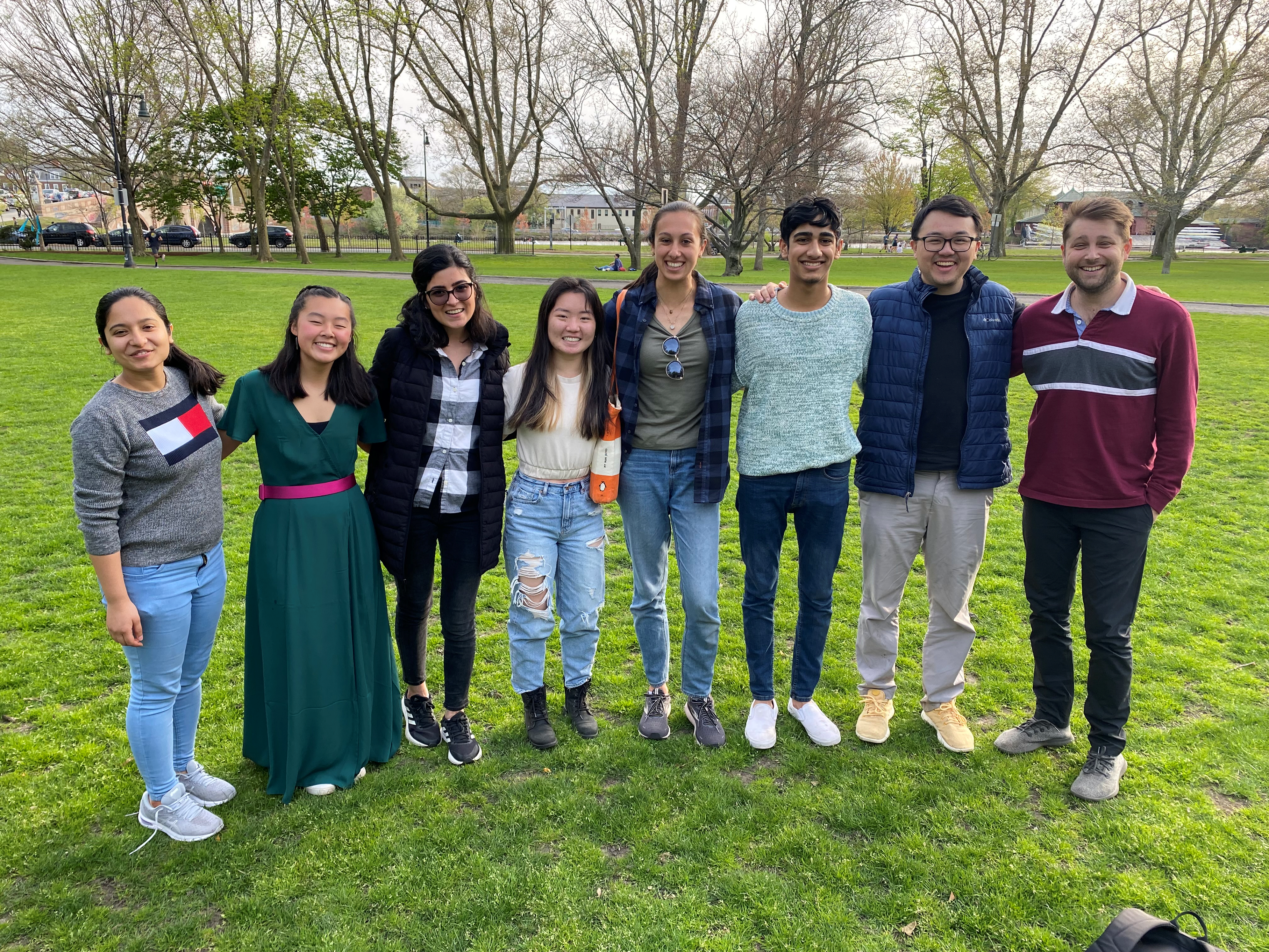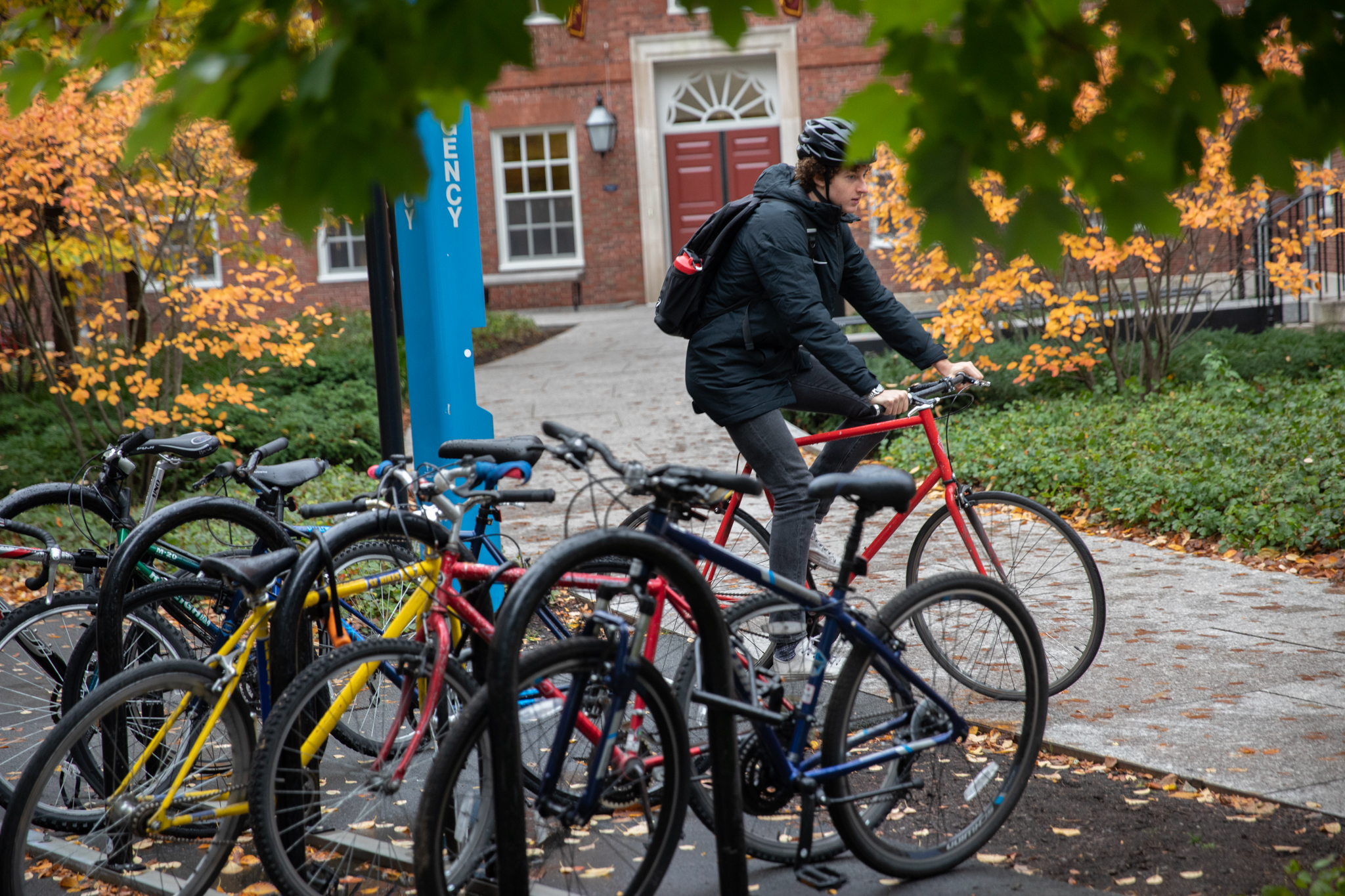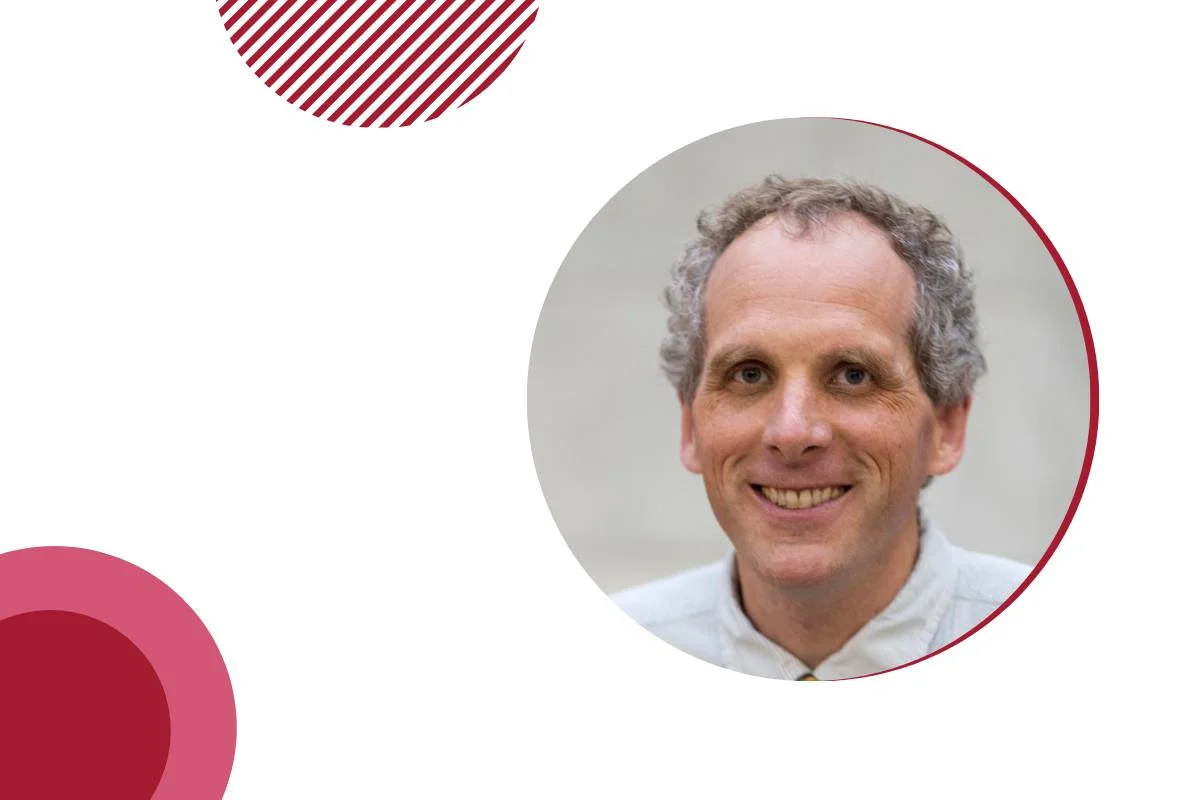Help Reduce Waste at Harvard!
The Science Center Plaza 1 Oxford Street, Cambridge, United StatesHarvard's Waste Stewardship Committee is developing a university-wide Zero Waste plan and needs YOUR input! How can we better support recycling, composting, and reuse on campus? How can we buy less and buy smarter? We want to hear your ideas, priorities, and struggles! Explore our tabling dates and other ways to get involved.
Apply by Sept. 9: Resource Efficiency Program (REP)
Work as an undergraduate Resource Efficiency Program student "REP" this school year. The position is an average of 4 hours per week at $17.00 per hour. Applications are rolling, so apply early! Head over to our website now for next steps and more info. Questions? Email repcaptains@gmail.com. Click here to the Student Employment Office (SEO) […]
Littauer Center Freecycle
Littauer Center 1805 Cambridge Street, Cambridge, MA, United StatesThe Economics Sustainability Working Group, with the help of Harvard University Recycling Services, is organizing a Freecycle from 9 am to 5 pm on Thursday, August 22! Please bring your unwanted but still usable office supplies, small household goods, and books, and browse items that others have brought.
HGSE 2024 Orientation Freecycle
Gutman Commons CaféThis popular event promotes reuse and functions like a yard sale, except everything is free!
Apply by Sept. 4: Harvard Business School Student Sustainability Associates (SSAs)
The Harvard Business School (HBS) Student Sustainability Associate Program, founded in 2006, is the school’s peer-to-peer education program that promotes sustainable behavior on and off campus. An SSA is hired from each RC section to connect with their classmates on how key sustainability topics impact business. These topics have included climate change, social equity, environmental justice, transportation, energy, food, and water.
Fall 2024 Information Session for Council of Student Sustainability Leaders (CSSL)
ZoomCSSL provides an opportunity for Harvard students to work together with other students from across the University’s Schools on sustainability projects, to connect and network with sustainability leaders (including faculty, and administration), and to provide feedback and recommendations on Harvard’s sustainability initiatives.
Summer HGSE Green Team Meeting
Longfellow Hall Askwith Hall (Longfellow) and Gutman Library 13 Appian Way, Cambridge, Massachusetts, United StatesAll HGSE students, faculty, and staff interested in making our school healthier and more sustainable are encouraged to join the HGSE Green Team!
Salata Student Open House
Bell Hall (B-500), Harvard Kennedy School 79 JFK Street, Cambridge, United StatesThe event will bring together students from across Harvard's schools who are passionate about climate and sustainability. Attendees will have the opportunity to learn about the Salata Institute’s student funding programs, professional development opportunities, and other ways to get involved. Come meet the Salata Institute's staff and faculty affiliates and enjoy an hour of networking with your peers. We look forward to your attendance!
Harvard Bike Festival
The Science Center Plaza 1 Oxford Street, Cambridge, United StatesCome join the fun! Activities include bike mechanic safety checks, group rides to Allston and BU, an interactive scavenger hunt, and opportunities to meet with campus stakeholders, bike vendors and shops, and local advocacy groups.
What Can Epidemiologists Learn from Historic Heat Waves? The Case of Boston, July 1911
VirtualEpidemiologists (and historians) have learned an enormous amount by studying past outbreaks of infectious disease. Histories of epidemics have been used to calibrate epidemiological models and to understand the ways in which societies will likely respond to future disease outbreaks. Over the past decade, researchers and government officials have become increasingly concerned about climate related threats to public health, including heat waves, droughts, forest fires, and other extreme weather events. Like epidemics, these all have historical precedents. It is possible to examine the history of past climate-health emergencies in search of both epidemiological and historical insight into the nature of these threats. I will demonstrate this approach with an analysis of the heat wave that produced the hottest day in Boston history, July 4, 1911.
HGSE Student Sustainability Educator Info Session
Longfellow Hall Askwith Hall (Longfellow) and Gutman Library 13 Appian Way, Cambridge, Massachusetts, United StatesHave an idea to make our school more sustainable? Consider applying to be this year's Harvard Graduate School of Education Student Sustainability Educator. Apply by September 29, 2024.
